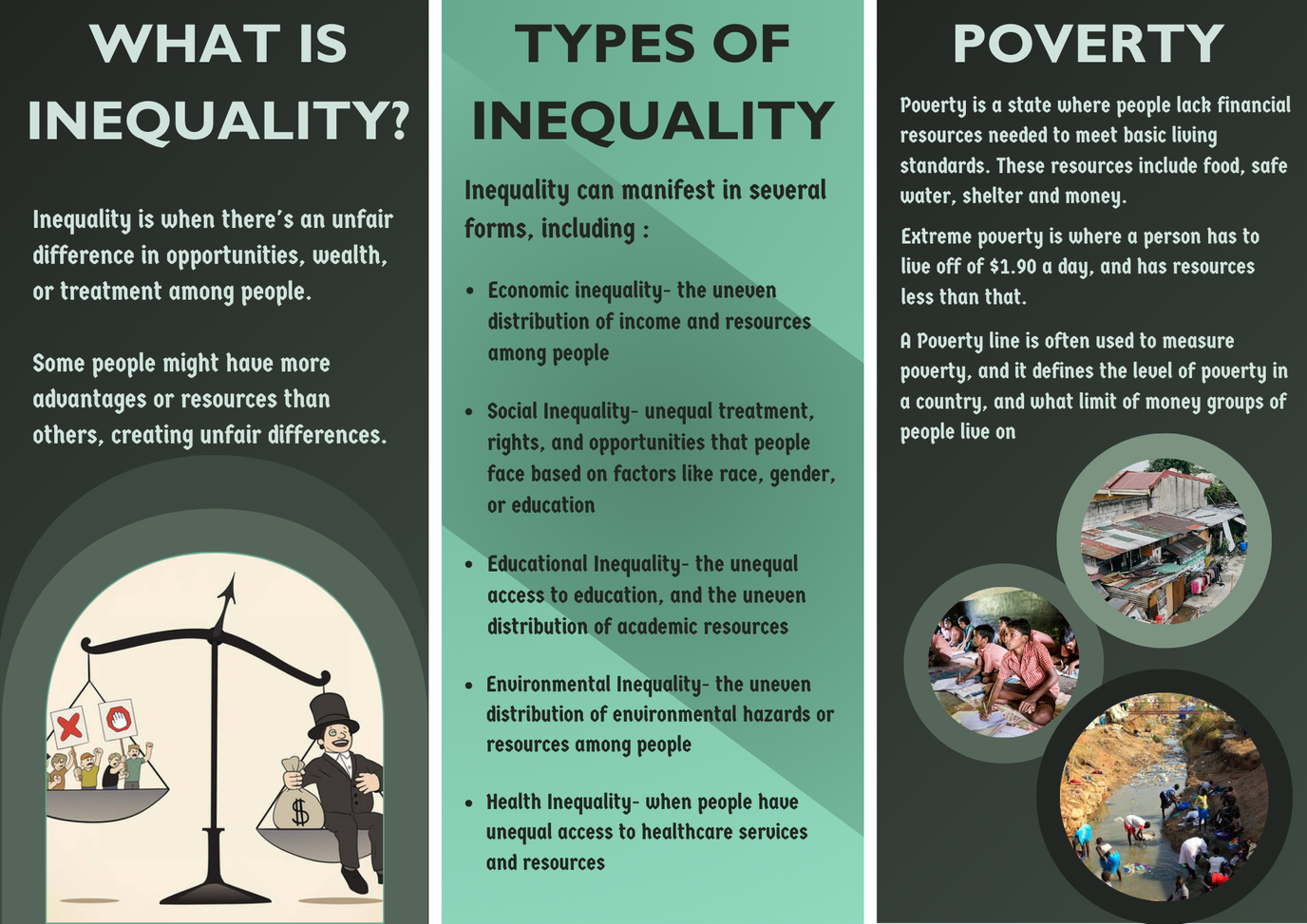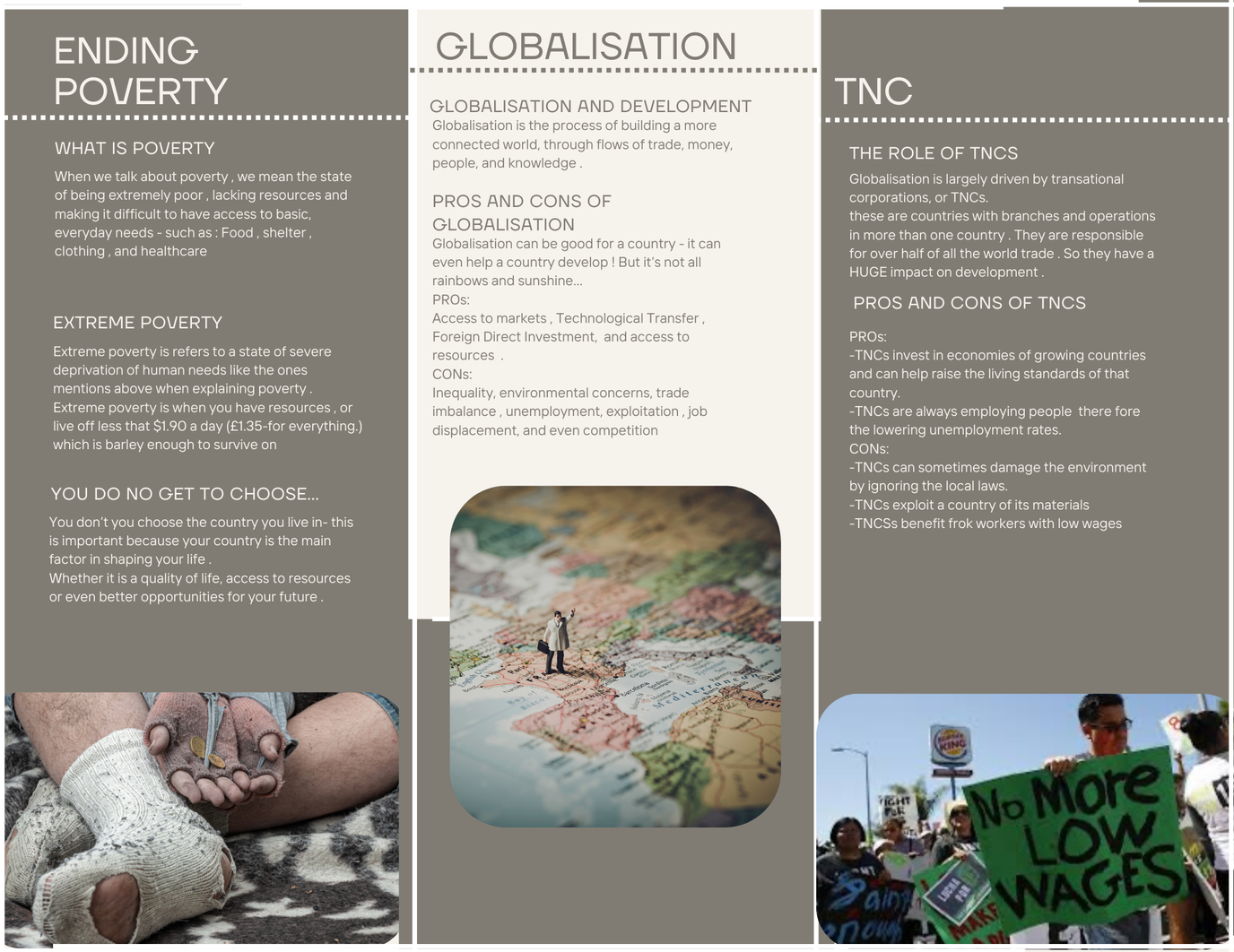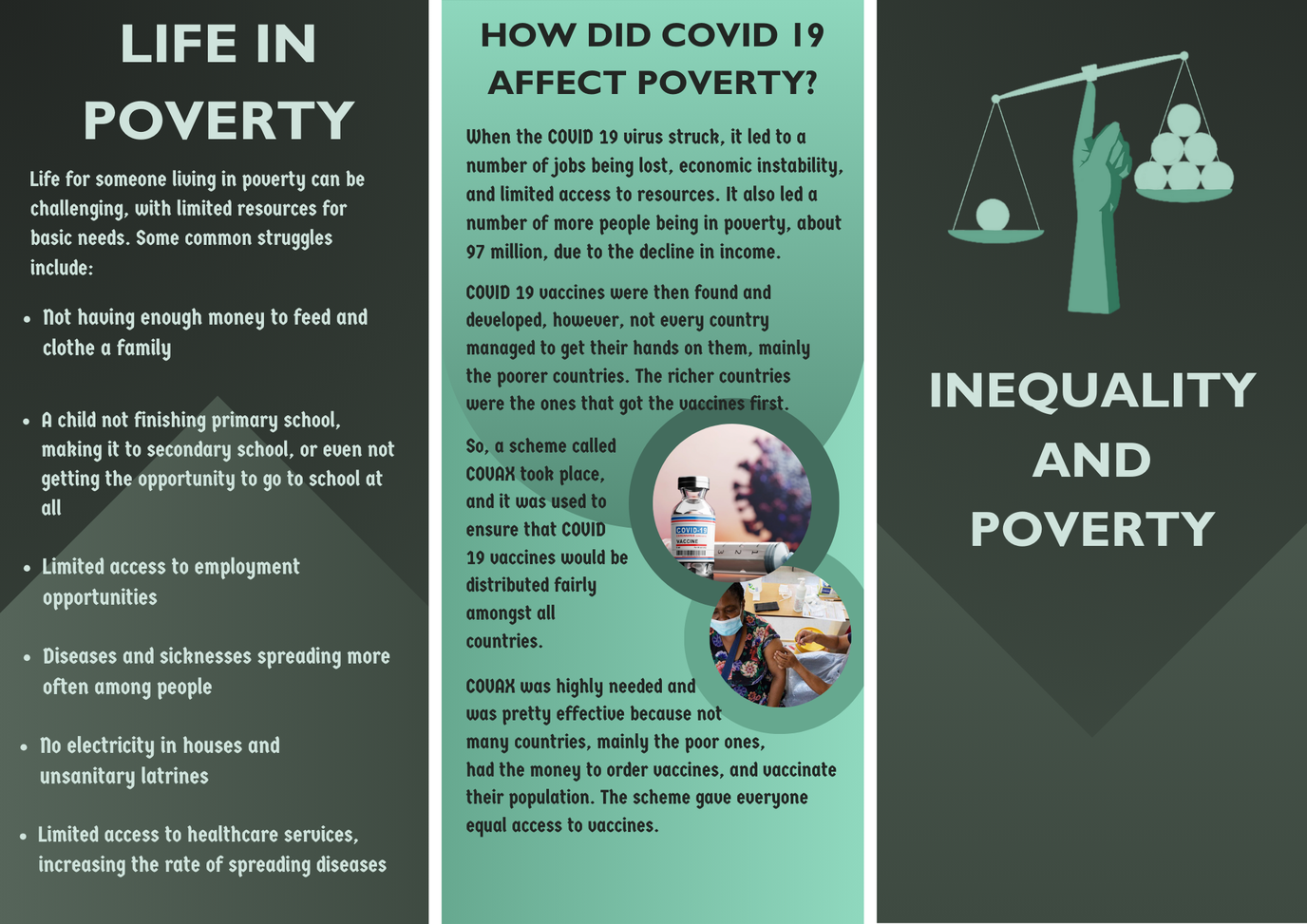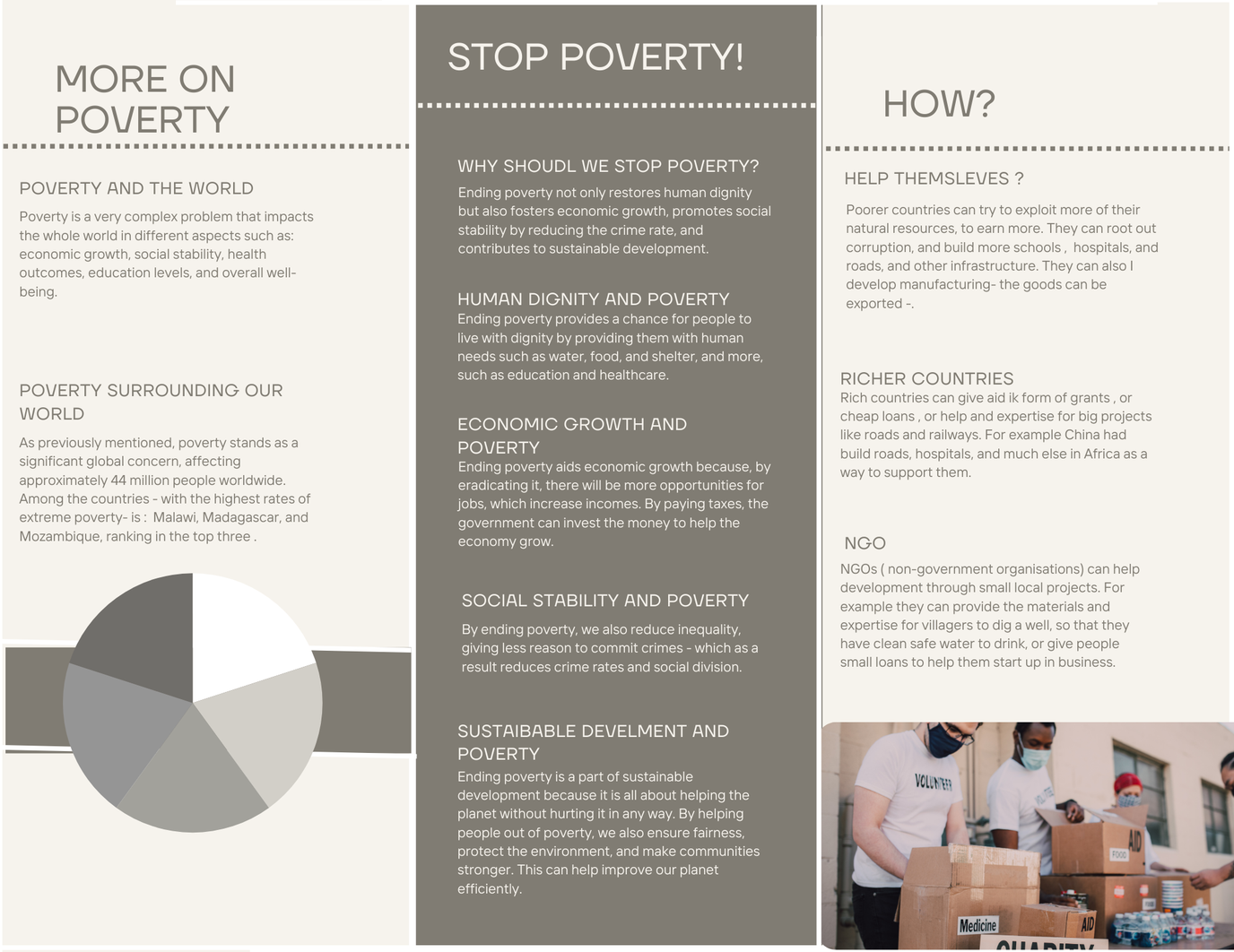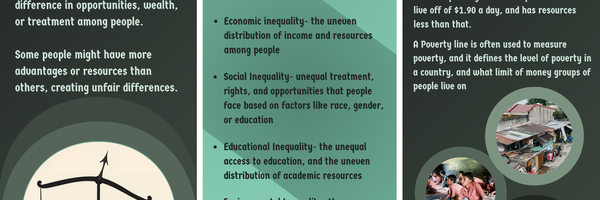
HUMANITIES
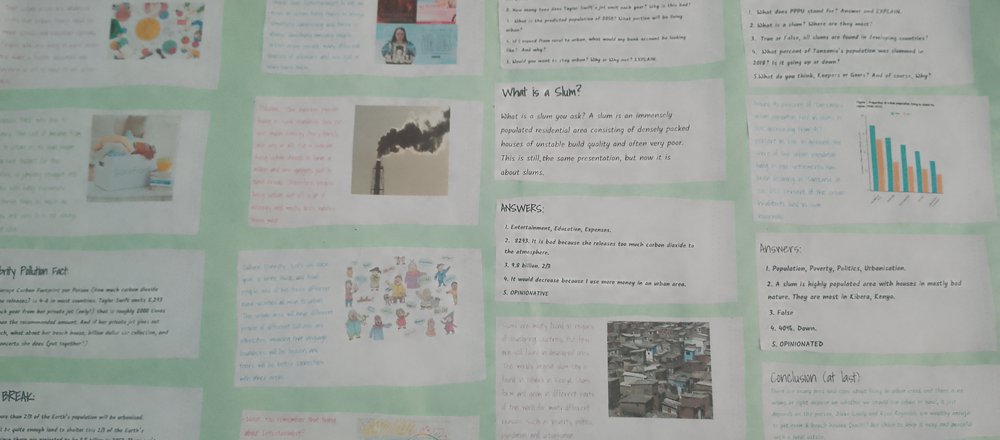
24th February 2024
At KS3, our Geography curriculum is a captivating journey through diverse landscapes and cultures. Here's a glimpse of what each year entails:
Year 7: Discovering the UK
In Year 7, our students immerse themselves in the wonders of the United Kingdom. From dissecting the physical features and political structures of the British Isles to unravelling the mysteries of its weather patterns and diverse population, they gain a deep understanding of the interconnectedness between humans and their environment. Exploring the uneven distribution of population, the economy, and the global links of the UK further broadens their perspectives.
Year 8: Urbanisation and Coastal Marvels
Year 8 students delve into the dynamic realm of urbanisation, examining globally significant cities like Manchester and the Makoko Slums in Lagos, Nigeria. They grasp the key processes driving urbanisation and its implications for sustainability. Transitioning to the coastal realm, they analyse the intricate processes shaping coastal landforms and human interactions with these fragile ecosystems.
Year 9: Navigating Economic Realities and Earth's Forces
As Year 9 unfolds, students delve into the complexities of earning a living, exploring economic activities across primary, secondary, tertiary, and quaternary sectors. They scrutinise International development efforts, probing into the root causes of inequality and poverty using insightful case studies like Malawi. Transitioning to the restless forces shaping our planet, they embark on a journey into the realms of plate tectonics, earthquakes, volcanic eruptions, and tsunamis, unravelling the profound forces sculpting Earth's surface.
Through this enriching journey, our students not only gain knowledge but also cultivate a deep appreciation for the intricate dynamics of our planet. They emerge as informed global citizens ready to navigate the challenges and opportunities that lie ahead in an ever-changing world.
Year 10 and Year 11 Geography students have just completed a geographical enquiry into Urban Land Use and Environmental Quality across Dar Es Salaam. They collected their own data and upon returning to the classroom, they successfully presented their findings using a range of techniques including radar graphs and bar charts. They then went on to analyse their findings before concluding that the CBD had better environmental quality than other parts of the city and that building height was highest in the CBD also, suggesting Dar follows other cities and meets geographical modelling expectations that the land value and economic prosperity of the city is always highest at its centre. I am really proud of how all students conducted themselves in the field. A special mention to Gabriel who has shown a fantastic improvement in his attitude and engagement and also Iris for supporting others to accurately complete their aerial sketch map of the CBD.
Over the holidays, Year 10 sociologists interviewed females that they knew. They asked them how they experienced gender inequality in their life chances. They found some interesting results that 1. Girls were not prioritised in education as it was assumed they would go on to be housewives so would not need a formal education as an adult. 2. They experienced workplace discrimination as their employers were concerned that they would leave work to take maternity leave or that it was assumed that if they had gained a promotion it was not for merit but for ‘other reasons’ and finally 3. There were issues with access to housing where landlords or sellers questioned the capacity of a woman to manage and maintain the home on her own. These qualitative results support quantitative data analysis the students completed at the beginning of the year where they were asked to analyse government data on women in employment in Tanzania where they found women had lower levels of education and were less represented in the labour force. Well done for everyone in Year 10 sociology for taking the time to hear and record the experiences of females in your lives and bring your findings into your existing knowledge and research.
Year 11 History - we are finishing our Political Leaders Top Trumps game and hope to have this game ready to use in the next coming weeks as a revision tool not just for this year’s History students but future history students at Braeburn. We have collected all the important leaders from the iGCSE course from Stalin to Kennedy to Ho-Chi-Minh and ranked them by intelligence, resilience, fear factor and fall from power.
